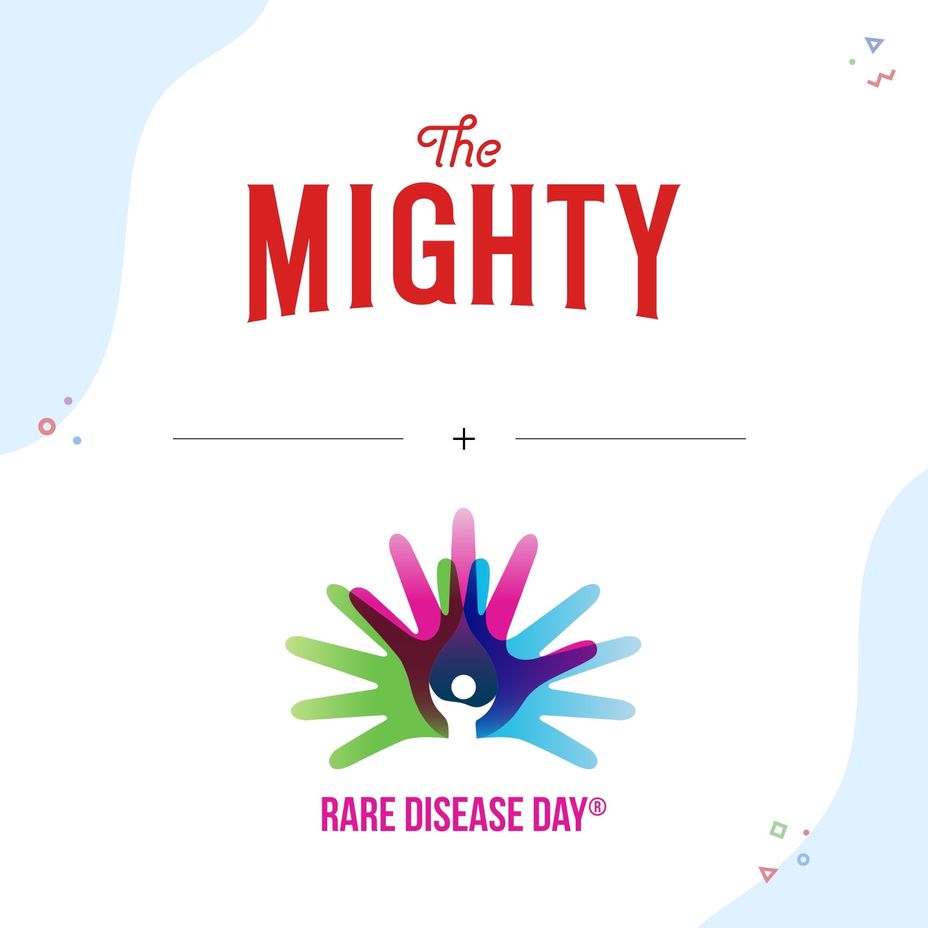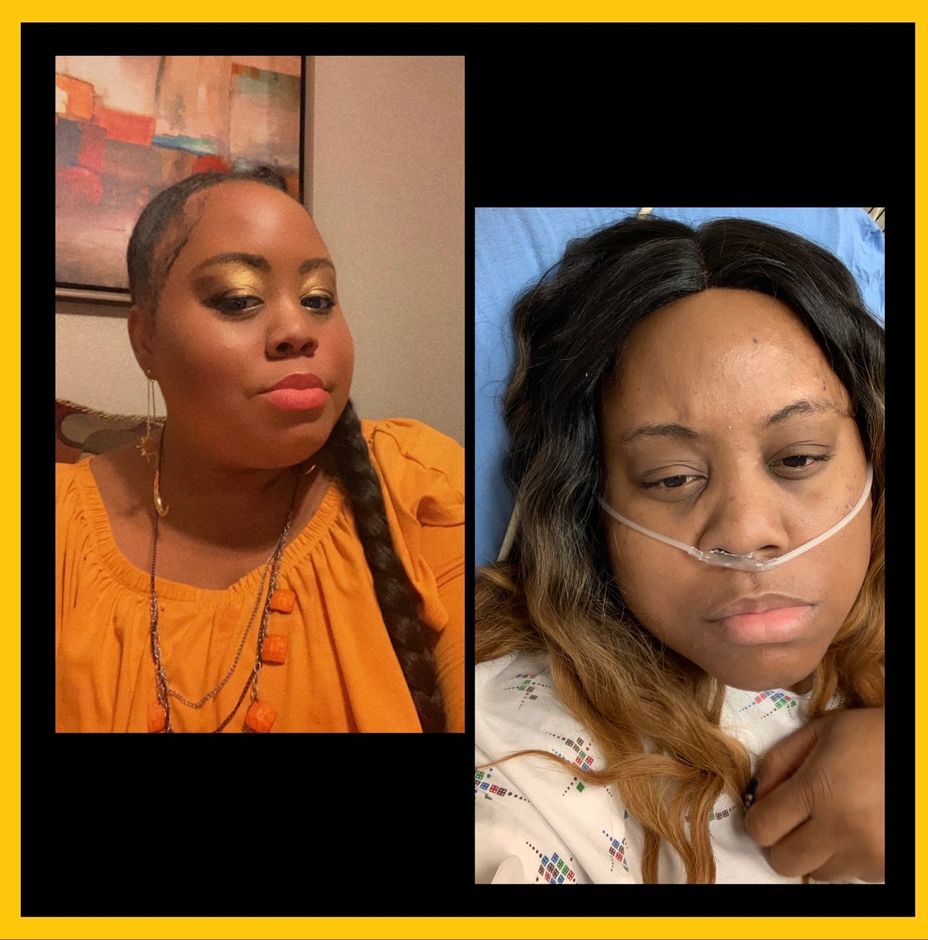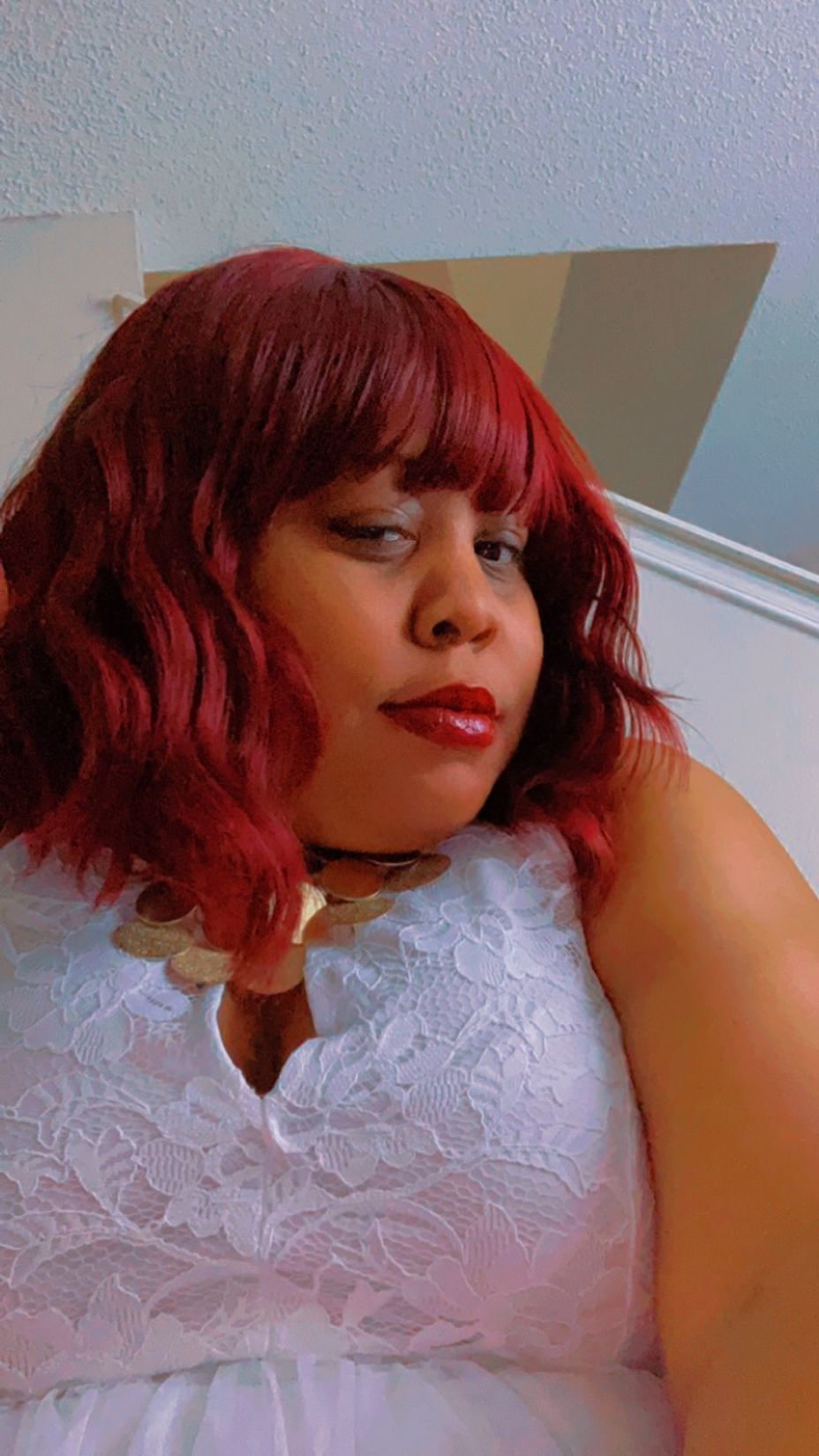I'm new here!
Hi, my name is EmmaHB. I'm here because I need some inspiration to help live a more purposeful life with the cards I’ve been delt.
#MightyTogether #Anxiety #Depression #PTSD #ChronicPain #SickleCellDisease
Hi, my name is EmmaHB. I'm here because I need some inspiration to help live a more purposeful life with the cards I’ve been delt.
#MightyTogether #Anxiety #Depression #PTSD #ChronicPain #SickleCellDisease
Having genetic disorders can be isolating. So here are 4 young adult books about genetic disorders to tell you that you’re not alone:
1. “A Step Toward Falling” by Cammie McGovern
*This book may trigger individuals who experienced sexual abuse, violence, or assault. Please do not read if this triggers you!
Cammie McGovern follows up her breakout young adult debut, “Say What You Will”, with this powerful and unforgettable novel about learning from your mistakes, and learning to forgive. Emily has always been the kind of girl who tries to do the right thing—until one night when she does the worst thing possible. She sees Belinda, a classmate with developmental disabilities, being attacked. Inexplicably, she does nothing at all. Belinda, however, manages to save herself. When their high school finds out what happened, Emily and Lucas, a football player who was also there that night, are required to perform community service at a center for disabled people. Soon, Lucas and Emily begin to feel like maybe they're starting to make a real difference. Like they would be able to do the right thing if they could do that night all over again. But can they do anything that will actually help the one person they hurt the most?
2. “Just Breathe” by Cammie McGovern
David Sheinman is the popular president of his senior class, battling cystic fibrosis. Jamie Turner is a quiet sophomore, struggling with depression. The pair soon realizes that they can be their true selves with each other, and their unlikely friendship develops into something so much more. But neither Jamie nor David can bring themselves to reveal the secrets that weigh most heavily on their hearts—and their time for honesty may be running out.
3. “Five Feet Apart” by Rachael Lippincott
In this moving story two teens fall in love with just one minor complication—they can’t get within five feet of each other without risking their lives. Can you love someone you can never touch? Stella Grant likes to be in control—even though her totally out of control lungs have sent her in and out of the hospital most of her life. At this point, what Stella needs to control most is keeping herself away from anyone or anything that might pass along an infection and jeopardize the possibility of a lung transplant. Six feet apart. No exceptions. The only thing Will Newman wants to be in control of is getting out of this hospital. He couldn’t care less about his treatments, or a fancy new clinical drug trial. Soon, he’ll turn eighteen and then he’ll be able to unplug all these machines and actually go see the world, not just its hospitals. Will’s exactly what Stella needs to stay away from. If he so much as breathes on Stella she could lose her spot on the transplant list. Either one of them could die. The only way to stay alive is to stay apart. But suddenly six feet doesn’t feel like safety. It feels like punishment. What if they could steal back just a little bit of the space their broken lungs have stolen from them? Would five feet apart really be so dangerous if it stops their hearts from breaking too?
4. “Rules for 50/50 Chances” by Kate McGovern
A heartrending but ultimately uplifting debut novel about learning to accept life's uncertainties; a perfect fit for the current trend in contemporary realistic novels that confront issues about life, death, and love. Seventeen-year-old Rose Levenson has a decision to make: Does she want to know how she's going to die? Because when Rose turns eighteen, she can take the test that tells her if she carries the genetic mutation for Huntington's disease, the degenerative condition that is slowly killing her mother. With a fifty-fifty shot at inheriting her family's genetic curse, Rose is skeptical about pursuing anything that presumes she'll live to be a healthy adult—including her dream career in ballet and the possibility of falling in love. But when she meets a boy from a similarly flawed genetic pool and gets an audition for a dance scholarship across the country, Rose begins to question her carefully laid rules.
📚 I hope this list can help someone 🧬
#themightyreaders #DownSyndrome #CysticFibrosis #HuntingtonsDisease #SickleCellDisease

Rare Disease Day is a global campaign which aims toward equity in social opportunity, health care, and access to diagnosis and therapies for people living with rare disease.
In honor of Rare Disease Day, we’re here to spread some resources and support to anyone living or who loves someone with a rare disease.
📚 About Rare Disease Day: www.rarediseaseday.org
From The Mighty community:
🦓 Rare Weekly Newsletter: bit.ly/3ATKqgm
📍 Living With Rare Disease Group: bit.ly/3snIgTu
From our partner:
🤝 National Organization for Rare Disorders (NORD): rarediseases.org
#RareDisease #RareDiseaseDay #ChronicIllness #ChronicPain #MightyTogether #EhlersDanlosSyndrome #CysticFibrosis #SpinaBifida #Cancer #KlinefelterSyndrome #AcousticNeuroma #Hemophilia #SUNCTHeadache #SickleCellDisease

Hell I am Shae I have been writing since my mother passed away from complications of sickle cell disease when I was seven years old. I am very passionate about bringing more awareness and education through arts when it comes to myself. I am multi talented as writing is only one thing I do well. I also love to create all things as a filmmaker and a photographer. The amount of videos I have now as a brand influence making sure that I educate and empower those in my community and beyond. As a published author I am now working on pushing myself out of my comfort zone in regards to the types of works I put out into the world. As a sickle cell patient myself it is more than satisfying to know I am fully processing my own struggles and strength for people to relate with and learn more in the process. I am a single mom with a unique perspective of life with sickle cell disease. I intend to use all of my gifts share them with the world for as long as I can fight I will. #MightyTogether #SickleCellAnemia #sicklecellawareness #warrior

Pain is the most common symptom for a person living with sickle cell disease. However, it is the first thing people don’t believe patients about. Some medical professionals are convinced that the pain is all a delusional cry for attention and pain medication. I believe they are clearly not qualified to make that diagnosis solely based on coming into a hospital room and judging how many tears a Sickle cell disease patient does or does not shed. I believe it is much deeper than just thinking of sickle cell sufferers as “drug seekers”, consider this as a deeper issue than the one at hand. In a conversation with a psychologist that also lives with sickle cell she spoke; “Some medical professionals are told not to qualify sickle cell patients as a life worth saving because most sickle cell patients are on disability and considered a waste of space for needing the state’s assistance”(Anonymous doctor). This is a social injustice that shows just how imprudent and monotonous these ideals are that should be banished.
How could we be judged by an illness we were born with? Sickle Cell patients didn’t ask for this, it was the life they were given. Be that as it may, it is the life we have that more than qualifies us to be our own boss. Most patients have a hard time maintaining a job when they go to work for companies because there are very few people willing to understand the two weeks you need off to get treatment at the hospital and the other week to recover from pain and withdrawal from pain medications. This is why some patients choose entrepreneurship as a career path. Some patients are tired of the overcritical misconception that they are not worth the trouble of being treated like normal human beings. The issue with today’s society is the superficial expectation of what people consider a serious illness. “You don’t look sick”. How many times have patients suffering from Sickle Cell heard those heart-dropping words? This is an invisible illness and a silent killer to some because of those views, or rather those expectations to look exactly how they feel we should.
On the other hand, Sickle Cell patients should really analyze the role they play. There are some sickle cell patients that are prejudged based on the actions of others. Although it is not acceptable to be treated like the last patient who left a bad impression on the medical staff, the entitlement of some patients that come into the hospitals may also contribute to the prejudgment of the medical staff. Of course, this is just based on previous experiences with being treated unfairly, but this illness is not well known to all professionals. When they ask for a patient’s help or for an opinion to better understand the illness they are faced with treating, it would help to educate them or connect them with an advocate or doctor who can help achieve a better understanding of treatment for all patients they come into contact with who are dealing with this condition. Being dismissive..